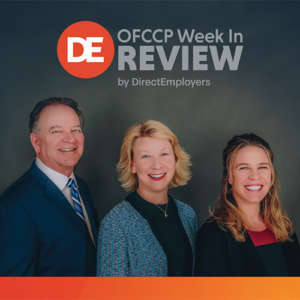
- Appeals Court Holds Shareholders Have Standing to Challenge California Law Requiring Women on Public Company Boards of Directors
- LGBTQ+ Advocates Meet With White House Officials To Promote Equality Act
- USDOL Opens National Online Dialogue: Women and Work: Reinvestment, Return, and Recovery
- NLRB Prepares for Final Democrat Board Member
- The Biden Administration Rescission of Trump Administration Joint Employer Rule Under the Fair Labor Standards Act is Imminent
- Splinter Democrats Implore President Biden to Use Executive Order to Further Worker Protections, This Time by Axing Arbitration Agreements
- WHD Tip Rule Proposal Seeks to Rescind Trump Rule
- EEOC Legal Counsel Appointed
- In Blow to Federal Agency Transparency, Congress Overturns New (Trump era) EEOC Conciliation Process
- USDOL To Host Davis Bacon Training For Federal Contractors
- EEO-1 Filing Deadline Extended
- GAO Reports Veterans Affairs Must Improve Veteran Wait-Time for Care
Monday, June 21, 2021: Appeals Court Holds Shareholders Have Standing to Challenge California Law Requiring Women on Public Company Boards of Directors
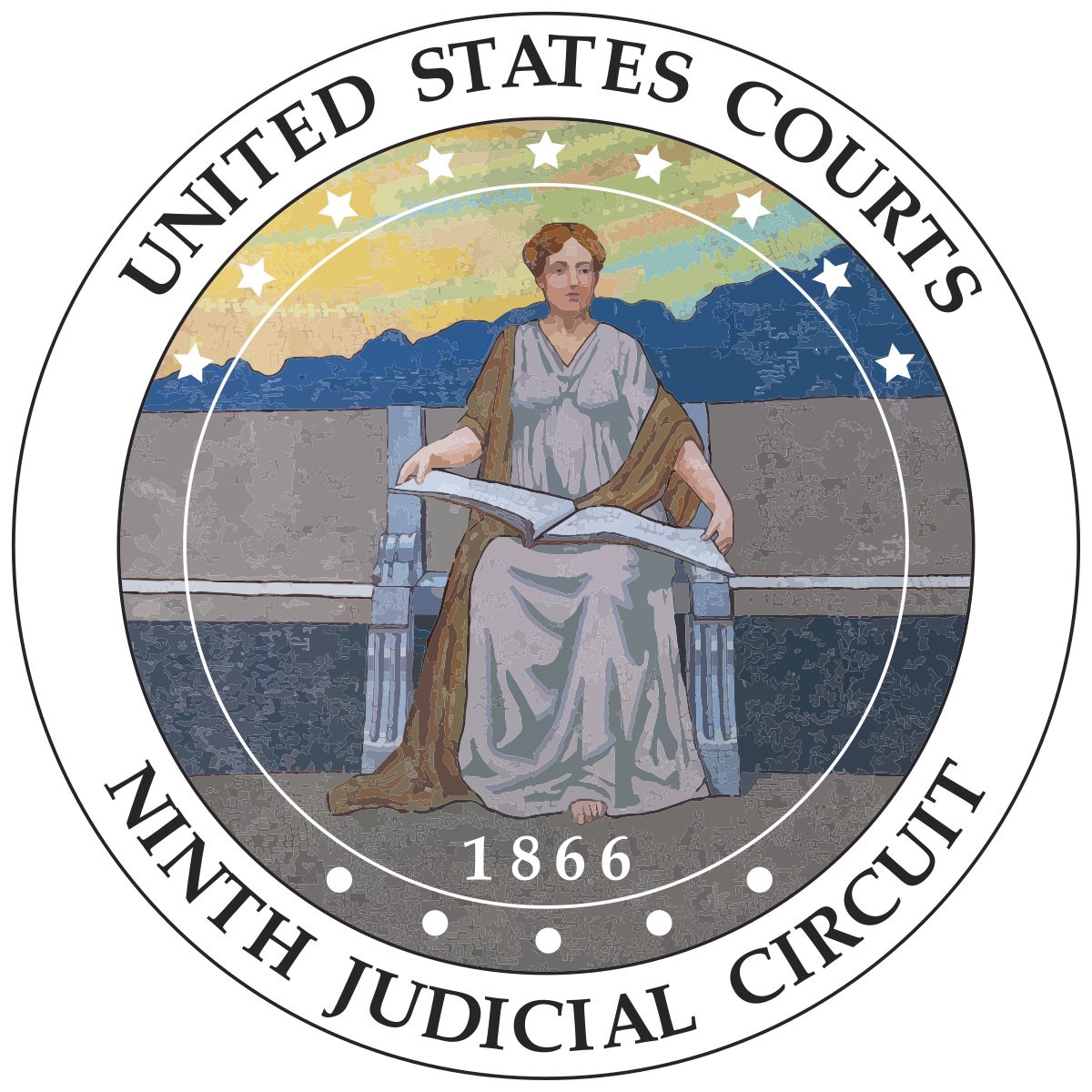
The Court determined that because individual shareholders vote on selection of individuals to serve on the company’s Board of Directors, shareholders could plausibly allege that SB826 requires or encourages shareholders to discriminate based on sex, and such allegations would establish an adequate pleading of an injury in fact that supports the individual shareholder’s own Fourteenth Amendment challenge to the law (“Therefore, each shareholder would understand that a failure to vote for a female [director] would contribute to the risk of putting the corporation in violation of state law and exposing it to sanctions. At a minimum, therefore, SB826 would encourage a reasonable shareholder to vote in a way that would support corporate compliance with legal requirements”).
SB826, enacted in 2018, added sections to the California Corporations Code requiring female representation on the Board of Directors of any publicly held domestic or foreign corporation whose principal executive offices are located in California. The law required that such public corporations have at least one female director on its Board by December 31, 2019. The law required even greater female representation requirements by December 31, 2021, requiring that public corporations with six or more directors must have a minimum of three female directors; public corporations with five directors must have a minimum of two female directors; and public corporations with four or fewer directors need only satisfy the one female director minimum. Furthermore, public corporations failing to file board member information with the California Secretary of State or failing to meet the female threshold requirements could be subject to a monetary fine of $100,000 for the first violation, and $300,000 for any subsequent violation.
It is important that the Ninth Circuit did not rule on the merits of SB826 and whether such law is constitutional. Rather, the Ninth Circuit merely remanded the case to the U.S. District Court to permit the matter to proceed in litigation. As such, SB826 has not been enjoined, and publicly held corporations whose principal executive offices are in California should continue to comply with the female diversity requirements set forth in SB826.
It is an open question whether the law will survive the now reinstated lawsuit Plaintiff Meland has brought. Note: the U.S. District Court had previously dismissed Meland’s suit, finding he did not have “standing” to sue.
The Ninth Circuit’s ruling also opens the door to the possibility that individual shareholders may ALSO bring suit to challenge a companion statute introduced in the California legislature as SB979. California Governor Gavin Newsom signed that bill into law on September 30, 2020. It requires publicly held domestic or foreign corporations with principal executive offices in California to have at least one director from an “underrepresented” community on its Board of Directors. SB979 is a sister Act to the female representation law (SB826, the lawsuit at-issue in the Ninth Circuit) designed to force an increase in minority representation on corporate Boards of Directors.
Regardless of the constitutionality of the provisions, it is clear corporations recognize the importance of achieving diversity in their boardroom independent of state-mandated requirements. We previously reported on the extensive number of studies evidencing the benefits of diversity including higher returns on equity, lower debt-to-equity ratios, higher average net income growth, better business decision-making, and the likelihood of out-earning industry peers lacking diversity. Thus, private employers motivated to embrace diversity in the workplace should ensure they “do the right thing the legal way” regardless of the outcome of the challenge to California’s forced Board diversification laws.
This means adopting broadened corporate outreach efforts that courts have generally permitted (as efforts to expand the applicant pool do not constitute an “adverse action” against other races or genders). Also, when hiring based on race and/or sex, this means ensuring the company’s action is remedial in nature to address a “manifest imbalance” on a temporary basis that does not “trammel” the rights of the other races and/or genders (per United States Steelworkers of America v. Weber, 443 U.S. 193 (1979)), or to address a company policy or practice for which there is a “strong basis in evidence” it was unlawful and that the company wishes to self-correct and repair (per Ricci v. DeStefano, 557 U.S. 557 (2009)).
A special thank you to Jay J. Wang of Fox, Wang, & Morgan P.C. for his contribution on this story.
Monday, June 21, 2021: LGBTQ+ Advocates Meet With White House Officials To Promote Equality Act

The Hosts
- Susan Rice, Domestic Policy Advisor
- Cedric Richmond, Senior Advisor and Director of the Office of Public Engagement
- Jen Klein, Executive Director of the Gender Policy Council
The Discussion
The participants shared their perspectives on the urgency and importance of Congress extending civil rights protections to LGBTQ+ Americans by passing the Equality Act. They discussed the efforts their organizations are undertaking to get the Bill to the President’s desk. The Leaders also expressed concern about the alarming increase in anti-LGBTQ+ legislation in state legislatures across the country, particularly legislation targeting transgender children. They discussed the detrimental impacts they perceived these bills are having on the health, safety, and well-being of children and families across the United States.
Senior White House officials reiterated the President’s strong commitment to achieve full equality for every LGBTQ+ American and his calls for the Senate to quickly pass the Equality Act.
The Participants
LGBTQ+ leaders who are coordinating the national movement to pass the Equality Act include:
- Alphonso David, President, Human Rights Campaign
- Fatima Goss Graves, President and CEO, National Women’s Law Center
- Fran Hutchins, Executive Director, Equality Federation
- Mara Keisling, Executive Director, National Center for Transgender Equality
- Kasey Suffredini, CEO and National Campaign Director, Freedom for All Americans
The Equality Act
The Bill is currently with the Senate. See our story from February, when the Bill passed the House, for a breakdown of the Federal statutes it would amend.
Tuesday, June 22, 2021: USDOL Opens National Online Dialogue: Women and Work: Reinvestment, Return, and Recovery
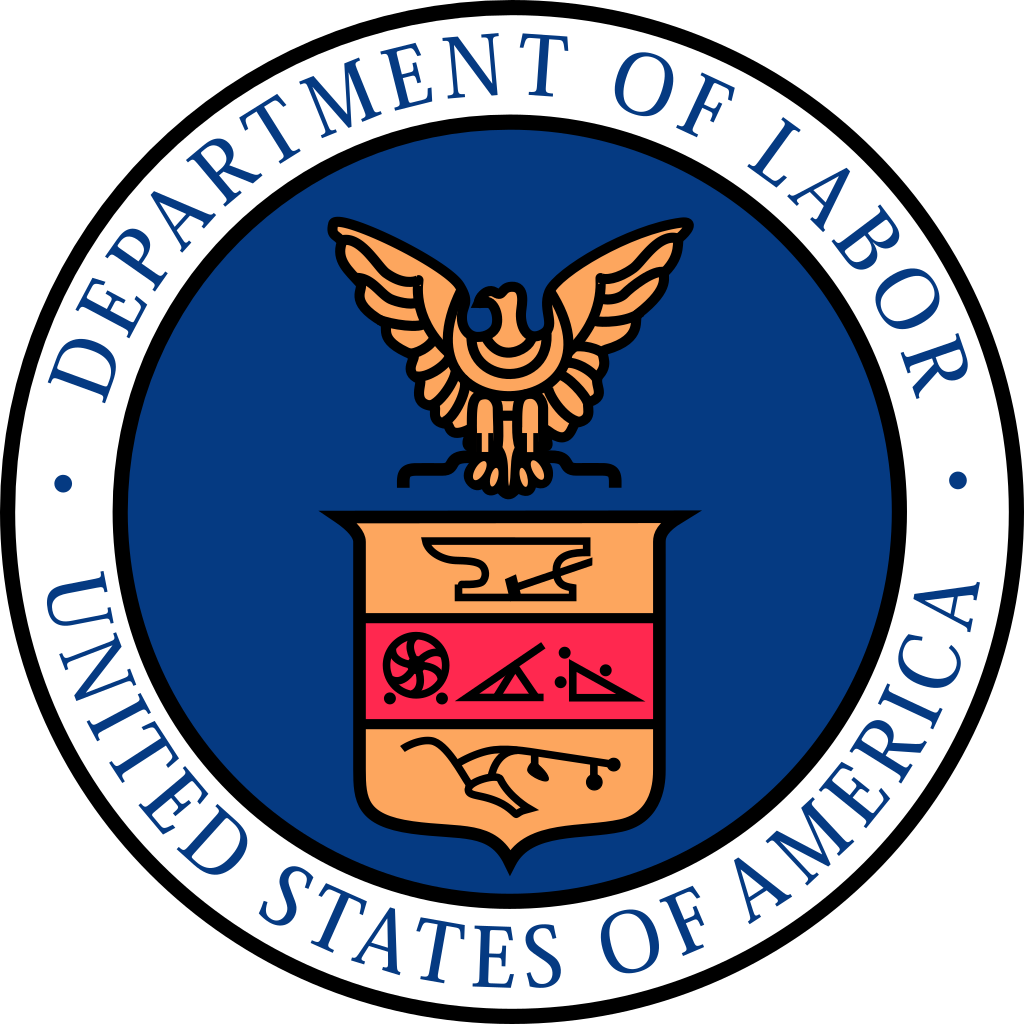
The Hosts
- The Women’s Bureau
- The Office of Disability Employment Policy (ODEP)
- The Employment & Training Administration
- The Wage & Hour Division
- The Office of Federal Contract Compliance Programs (OFCCP)
- Women’s Bureau
The Goal
The discussion aims to identify strategies to dismantle any systemic barriers to employment and participation women face in the workforce. The input will help formulate future programs and funding opportunities that respond to the needs of women from diverse backgrounds.
The Discussion Themes
- Equity in the American Jobs Plan
- Gender equity in the workplace
- Equitable access to paid leave
- Safe and welcoming workplaces
- The changing labor market
Speak Up
Once registered, participants can view and submit ideas based on the themes listed above.
Wednesday, June 23, 2021: NLRB Prepares for Final Democrat Board Member
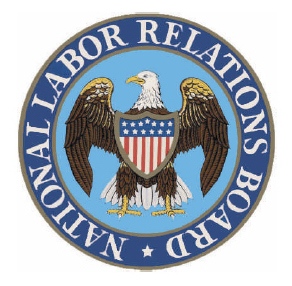
Wait A Minute – Isn’t the Board Full?
We reported in May that the NLRB was “Closer to A Full and More Diverse Board,” with the nomination of Gwynne Wilcox. Although Wilcox has yet to be confirmed, the nomination of Prouty is in anticipation of the expiration of William Emanuel’s term on August 27, 2021. This would give Prouty a full five-year term expiring on August 27, 2026.
The Current Board
| Name | Party | Term Expires |
| Marvin E. Kaplan | Republican | 08/27/2025 |
| Lauren M. McFerran, Chairman | Democrat | 12/16/2024 |
| Vacant (Gwynne Wilcox pending) | Democrat | 08/27/2023 |
| John F. Ring | Republican | 12/16/2022 |
| *William J. Emanuel | Republican | 08/27/2021 |
Wednesday, June 23, 2021: The Biden Administration Rescission of Trump Administration Joint Employer Rule Under the Fair Labor Standards Act is Imminent
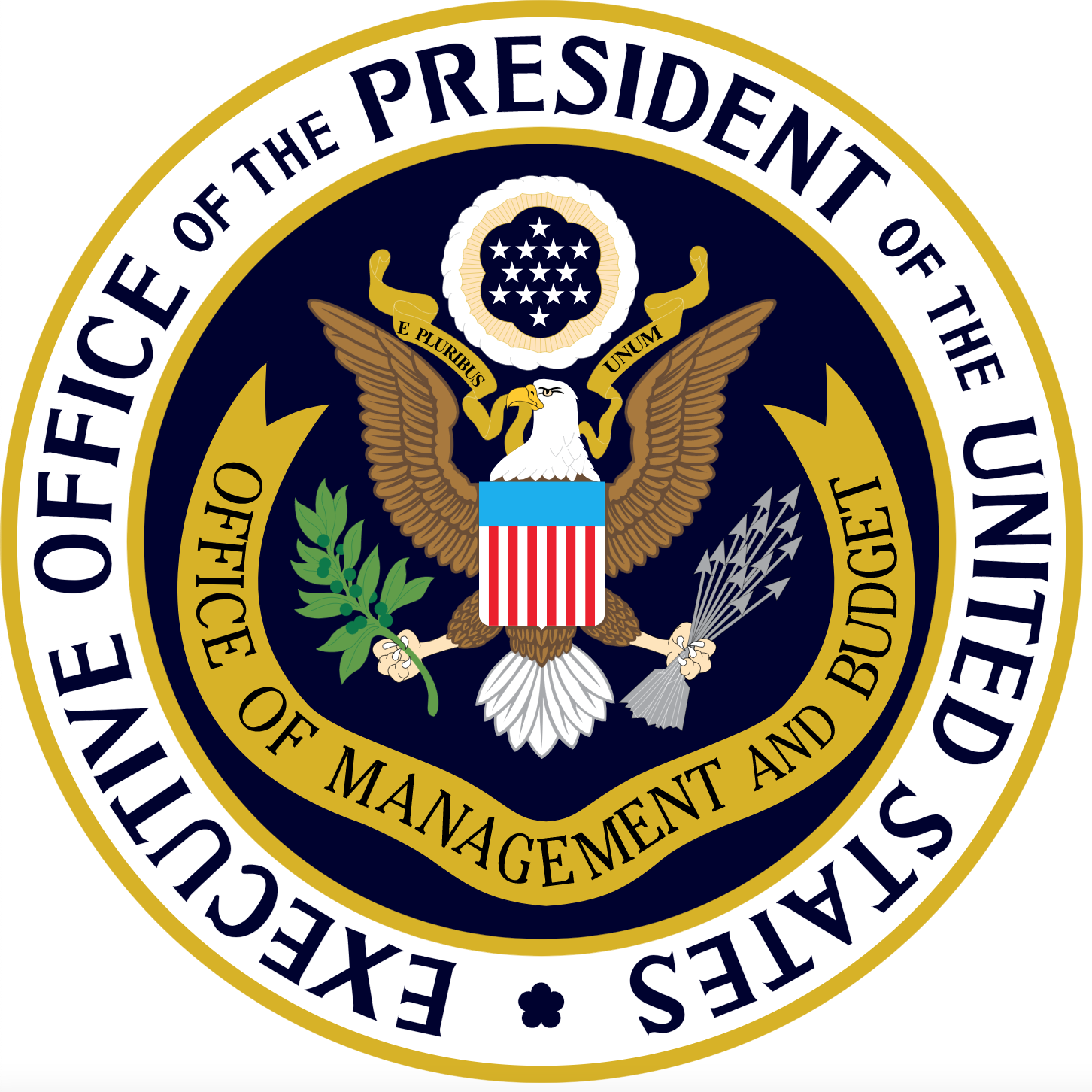
When we last updated the status of the joint employer definition under the FLSA, the Biden Administration had issued its Notice of Proposed Rulemaking seeking public comment on USDOL’s interest to rescind the Trump Administration Rule. That Notice followed the September 8, 2020 ruling in New York, et al. v. Scalia in the U.S. District Court for the Southern District of New York, in which the Court set aside the Trump Administration rule as “arbitrary and capricious” and inconsistent with the FLSA.
It now appears that following review of the public comments received since March, the Biden Administration has drafted a proposed Final Rule to now rescind, in fact, the Trump Administration Rule. Given that OIRA is now reviewing the proposed Final Rule, the final step in the administrative procedural process before publication, employers should be on the lookout for the publication of the Final Rule to learn exactly what test the DOL will use to determine potential liability under the FLSA as a joint employer of a worker. When published, we will provide an analysis for employers to understand what the new rule may be (or if the DOL merely adopts the old standard the Obama Administration had adopted).
A special thank you to Jay J. Wang of Fox, Wang, & Morgan P.C. for his contribution on this story.
Thursday, June 17, 2021: Splinter Democrats Implore President Biden to Use Executive Order to Further Worker Protections, This Time by Axing Arbitration Agreements
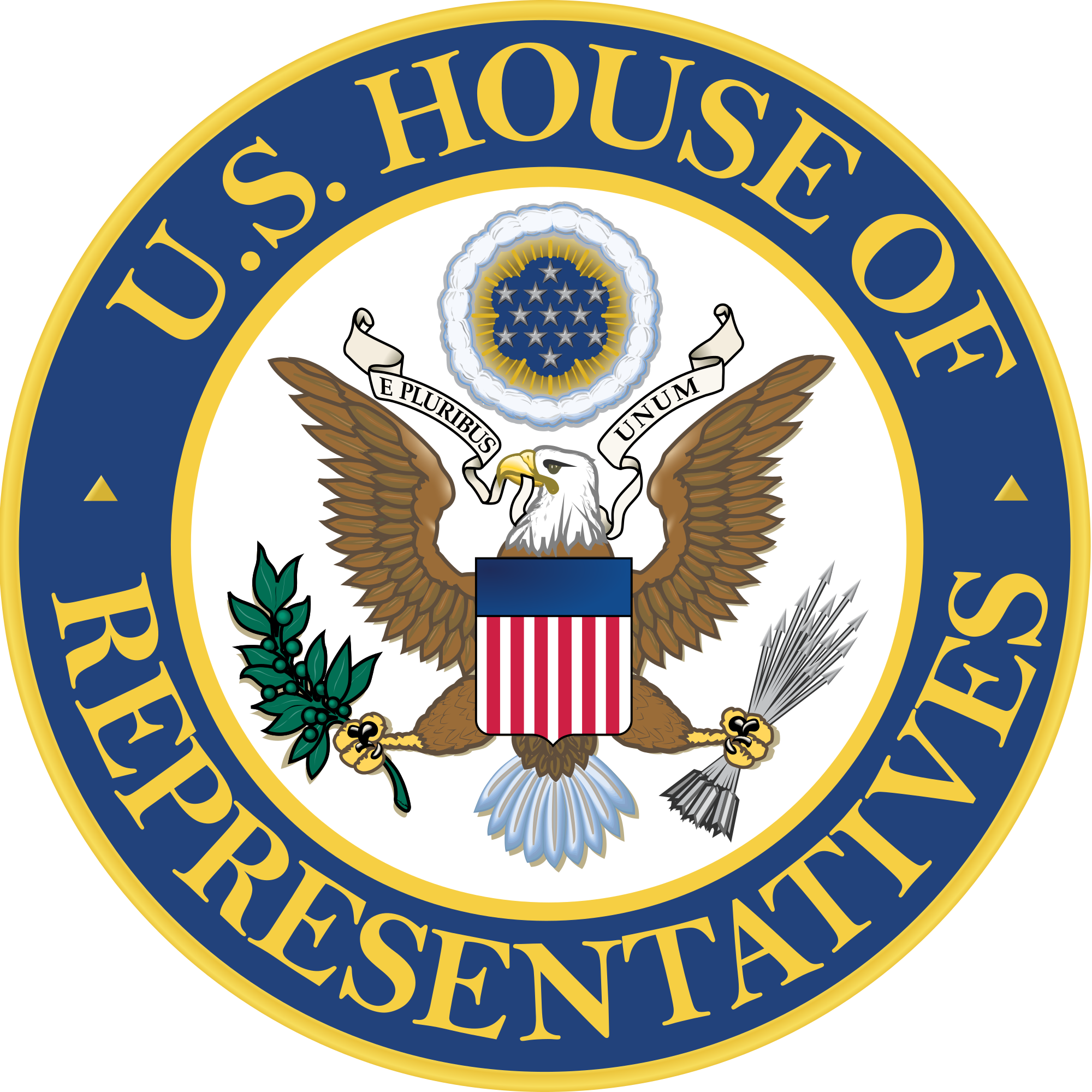
The letter to the President follows the inability of worker rights advocates to gather enough support in the U.S. Senate to pass a federal statute limiting arbitration of employment disputes. Believing forced arbitration of employment claims threatens the progress of safer and fairer workplaces, the letter requests President Biden use his delegated authority under the Procurement Act to prohibit arbitration of employee complaints against federal contractors as to any form of alleged employment discrimination.
Given this Administration’s use of an Executive Order to increase the minimum wage for employees of federal contractors, and its agenda related to worker-protections, federal contractors should be aware of this potential move to prohibit use of the arbitral forum to resolve employee complaints of unlawful discrimination.
Many businesses use arbitration agreements to mandate private arbitration of any employee dispute against the company, emboldened by the U.S. Supreme Court’s continued deference to enforcement of arbitration agreements in the employment context. See Epic Systems Corp. v. Lewis, 138 S. Ct. 1612 (2018); Lamps Plus v. Varela, 139 S. Ct. 1407 (2019). The potential benefits to employers include the confidential nature of arbitration proceedings, the time efficiency of arbitration in comparison to backlogged civil courts, the fact an individual versed and experienced in the law issues judgment (in comparison to the random nature of jury pools), and the enforceability of class action waivers in arbitration agreements that mandate individual actions in arbitration. For many employers, such potential benefits outweigh the increased costs of arbitration due to the requirement that employers must bear the expense of paying the arbitrator.
A special thank you to Jay J. Wang of Fox, Wang, & Morgan P.C. for his contribution on this story.
Wednesday, June 23, 2021: WHD Tip Rule Proposal Seeks to Rescind Trump Rule
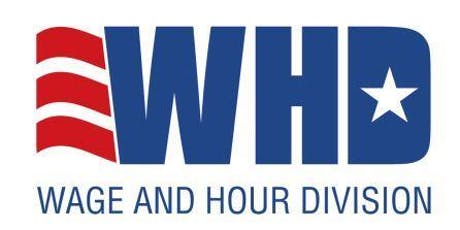
Affected Employees
The proposed change applies to tipped employees employed in dual jobs under the FLSA.
Proposed Change
The Proposal now seeks to amend the 2020 Final Rule to clarify that an employer may only take a tip credit when its tipped employees perform work that is part of the employee’s tipped occupation. Work that is part of the tipped occupation includes work that produces tips and work that directly supports tip-producing work, provided the directly supporting work is not performed for a substantial amount of time.
Speak Now
Submit written comments on or before August 23, 2021.
How We Got Here
- On February 26, 2021, a “new” Final Rule extended the effective date of the 2020 Tip Final Rule from March 1, 2021, until April 30, 2021. Why? To allow the Department the “opportunity to review issues of law, policy, and fact raised by the 2020 Tip final rule before it took effect.”
- On March 25, 2021, the Department issued two NPRMs. The first further extended the effective date of the 2020 Tip Final Rule to December 31, 2021. The second sought comments on, among other things, the dual jobs portion of the 2020 Tip final rule.
- On April 29, 2021, the Department published a Final Rule confirming the delay as proposed and announcing that it would undertake a separate rulemaking on dual jobs.
- On June 21, 2021, the Wage Hour Division of USDOL sent its Proposed Rule to the Office of Management and Budget for review prior to publication to the public. Our WIR story for that date catalogued the details of the Proposed Rule.
Thursday, June 24, 2021: EEOC Legal Counsel Appointed

The EEOC’s Office of Legal Counsel (OLC) provides legal advice (does not try cases) to the Chair and the Commission on a wide range of substantive, administrative, and procedural matters. Additionally, OLC is responsible for developing Commission rules and guidance under the Americans with Disabilities Act, Title VII of the Civil Rights Act of 1964, the Age Discrimination in Employment Act, the Equal Pay Act, and the Genetic Information Nondiscrimination Act. OLC also manages the EEOC’s Freedom of Act (FOIA) program.
Thursday, June 24, 2021: In Blow to Federal Agency Transparency, Congress Overturns New (Trump era) EEOC Conciliation Process

We reported on the Final Rule in January, “EEOC Final Rule on Its Conciliation Process Moves in the Direction of Employers, but is Ultimately Disappointing.” It was significant that the Rule had moved the Commission staff and lawyers halfway (only) down the path to transparency in settlement negotiations by requiring the EEOC to make detailed written (but only) initial disclosures of position in the conciliation process. It was disappointing to employers that the Commission’s Final Rule continued to allow subsequent rounds of negotiation to only permissively be in writing (they could have been only oral in the Commission’s discretion under the Final Rule). Moreover, the Rule had only permissively allowed a Commission response to the employer and only permissively to contain the details of the Commission’s new understanding of the relevant facts and pertinent law
How Did This Happen?
The Congressional Review Act (CRA) is an oversight tool that Congress may use to overturn agency Rules which the Congress does not feel properly implemented the Congressional intent. The CRA provides, however, only a short window of time after an offending Rule becomes legally final to vote to set the Rule aside. The Small Business Regulatory Enforcement Fairness Act (SBREFA) of 1996 created the CRA. The CRA requires agencies to report on their rulemaking activities to Congress and provides Congress with a unique set of procedures to consider legislation to overturn those Rules if both houses of Congress and the President agree that the Rule does not accord with the intent of the Congress.
So Now What?
Since the Senate also overturned the Final Rule (see our previous story from May 2021, U.S. Senate Voted to Overturn the EEOC’s Recent Conciliation Process Transparency Reforms), the Resolution now passes to President Biden’s desk for his review and signature or veto. Once President Biden signs the Resolution (as he is expected to do), the EEOC’s Final Rule will then be rescinded and have no force or effect. The EEOC conciliation process will then return to its original state before the Final Rule became effective on February 16, 2021. The Supreme Court’s unanimous decision in Mach Mining, LLC v. EEOC in 2015 clarified what EEOC needs to do at a minimum to satisfy the conciliation requirement set out in Title VII, not what the Commission should do to effectively accomplish conciliation. The Congress has now voted to require the EEOC to do only the minimum called for in Title VII and not provide the additional transparency the Trump EEOC had exercised its discretion to require the Commission to do as a Best Practice to resolve disputes between the agency and employers. However, the Republican-controlled EEOC could pass another Final Rule of its choosing…just not the prior Final Rule, which the Congress has disapproved and the President will (presumably) soon rubber stamp.
Thursday, June 24, 2021: USDOL To Host Davis Bacon Training For Federal Contractors

The Event
- Tuesday, June 29, 2021
- 10:00 a.m. to 11:30 a.m. EST
- Attendance is free, but registration is required.
Representatives from the Wage and Hour Division and the Office of Federal Contract Compliance Programs will discuss basic requirements and compliance issues related to the Davis Bacon and Related Acts, Vietnam Era Veterans’ Readjustment Assistance Act, and equal employment opportunity concerns.
“The U.S. Department of Labor is committed to protecting the workplace rights of workers,” said Wage and Hour Division Southeast Regional Administrator Juan Coria in Atlanta. “This event is an excellent opportunity for employees, employers, trade organizations, and other stakeholders to learn about the requirements and responsibilities associated with performance on federal contracts. Our education and enforcement work in this area protects workers’ wages, and levels the playing field for contractors.”
Southeast Region
The Southeast region covers Alabama, Florida, Georgia, Kentucky, Mississippi, North Carolina, South Carolina, and Tennessee.
Monday, June 28, 2021: EEO-1 Filing Deadline Extended

The new filing deadline is Monday, August 23, 2021.
After delaying the 2019 EEO-1 Component 1 data collection opening because of the COVID-19 public health emergency, the EEOC announced the 2019 and 2020 EEO-1 Component 1 data collection opening on April 26, 2021.
Other Upcoming EEO Survey Collections
The EEOC plans to institute the following collection dates:
- 2020 EEO-5 data collection will open on Tuesday, July 27, 2021
- 2020 EEO-3 data collection is scheduled to open sometime in August 2021
- 2021 EEO-4 data collection is scheduled to open sometime in October 2021
Monday, June 28, 2021: GAO Reports Veterans Affairs Must Improve Veteran Wait-Time For Care
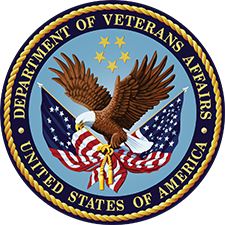
- reviewed VA documentation, such as guidance for VCCP appointment scheduling, and reviewed VCCP referral and appointment data,
- interviewed officials from VA and its two third-party administrators, and
- interviewed community care management and staff from six VA medical facilities, which were selected, in part, based on complexity, rurality, and location.
What Did The GAO Find?
The GAO found that the VA did take steps to continue veterans’ access to care through the VCCP throughout the pandemic. For example,
- VA recommended that VA medical facility staff schedule telehealth appointments whenever possible to reduce veterans’ risk of exposure to COVID-19, and
- VA directed facility staff to prioritize appointment scheduling and monitor referrals.
Nevertheless, for referrals created between January 2020 and January 2021, GAO’s analysis shows that about 172,000 referrals (3%) remain unscheduled as of March 24, 2021.
What Did The GAO Recommend?
The GAO did not make new recommendations, but it did repeat its past recommendations:
- to Congress to require VA to implement a VCCP wait-time measure and,
- to VA directing medical facility leadership to assess their community care staffing needs. VA provided general and technical comments, which GAO incorporated as appropriate.
Why Did GAO Do This Study?
The CARES Act includes a provision for GAO to report on its ongoing monitoring and oversight efforts related to the COVID-19 pandemic. This report describes:
- VA’s response to the COVID-19 pandemic as it relates to the VCCP and,
- the challenges some VA medical facilities experienced scheduling VCCP appointments.
About The GAO
The GAO provides reports and testimonies giving Congress, federal agencies, and the public timely, fact-based, non-partisan information that can improve government operations and save taxpayer dollars.
THIS COLUMN IS MEANT TO ASSIST IN A GENERAL UNDERSTANDING OF THE CURRENT LAW AND PRACTICE RELATING TO OFCCP. IT IS NOT TO BE REGARDED AS LEGAL ADVICE. COMPANIES OR INDIVIDUALS WITH PARTICULAR QUESTIONS SHOULD SEEK ADVICE OF COUNSEL.
SUBSCRIBE.
Compliance Alerts
Compliance Tips
Week In Review (WIR)
Subscribe to receive alerts, news and updates on all things related to OFCCP compliance as it applies to federal contractors.
OFCCP Compliance Text Alerts
Get OFCCP compliance alerts on your cell phone. Text the word compliance to 55678 and confirm your subscription. Provider message and data rates may apply.

